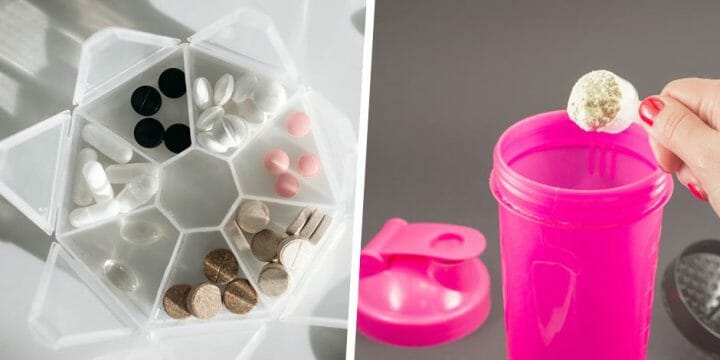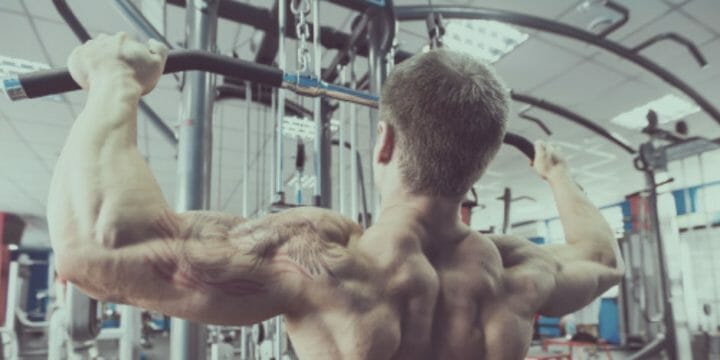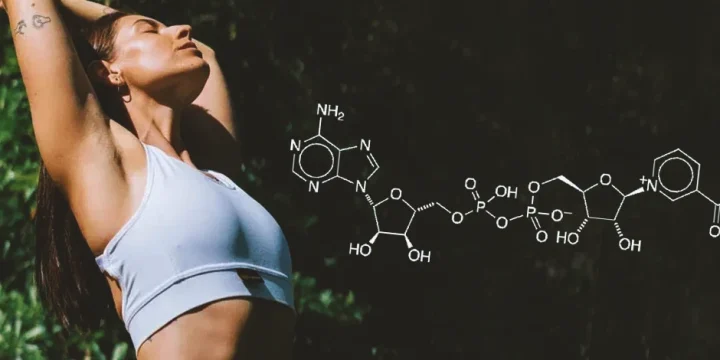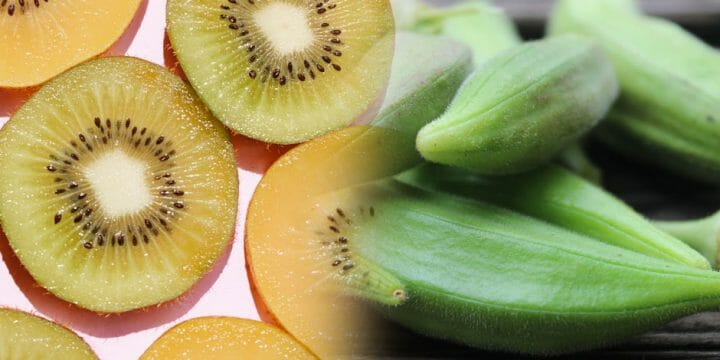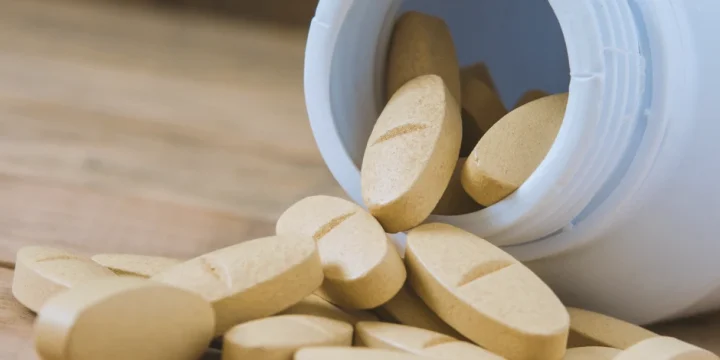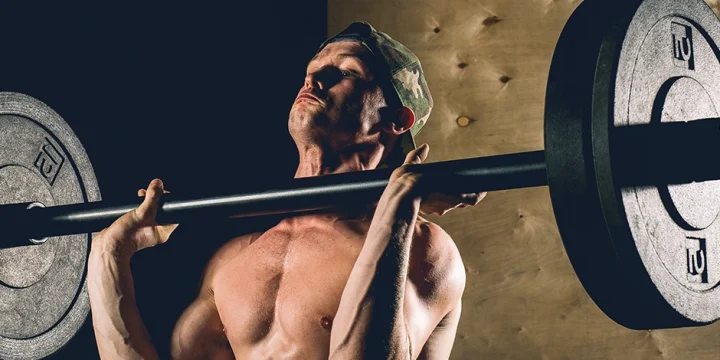Protein powder helps most people in both muscle building and repairing damaged muscles. This is why it is recommended for individuals who are serious about working out. Still, some individuals find protein powder expensive to afford.
Fortunately, there are protein powder substitutes that contain high protein levels. If consistently taken, they will deliver the same results as protein powder, are healthy, and boost the body with different nutrients.
So, as a personal trainer and health coach, I researched the best protein shake replacements that you could use to boost your training.
Quick Summary
- Hemp seeds are an excellent protein powder substitute, containing a full range of amino acids.
- The high protein level in eggs makes them an excellent substitute for protein powder.
- Hemp seeds, a recommended substitute, contain 50 grams of protein per cup, demonstrating their effectiveness as a protein source.
- Personally, I believe the variety of protein powder substitutes mentioned offers a great way for individuals to diversify their protein intake and gain additional nutrients not present in traditional protein powders.
10 High Protein Shake Replacements to Start Using Now

Use the following 10 shake replacements to increase the protein intake:
- Hemp Seeds: You'll often see these marked as hemp hearts, and these are the only plant-based foods that contain the full range of amino acids [1]. This means you don't have to mix and blend different sources to get your essential nutrients covered.
50 grams of protein per cup
- Eggs: You won't see many bodybuilders that don't load up on eggs for breakfast, lunch, and dinner. Eggs are a favorite because the protein is highly bioavailable, making it a lot easier to digest [2]. They also come with the added bonus of plenty of vitamins and minerals.
25 grams of protein per cup
Eggs are also inexpensive, and full of vitamins and minerals like calcium, magnesium, iron, vitamins B6 and B12, folate, and vitamins A and D, to name a few.
- Rachel MacPherson Health & Fitness Writer
- Chia Seeds: What I love about chia seeds is not just the protein that is very easy to digest but also the fact that it provides a load of fiber, calcium, and omega-3s [3]. You can easily add half an ounce to your breakfast or into a smoothie for a significant health boost first thing in the morning.
15 grams of protein per cup
- Greek Yogurt: I have to admit that I'm somewhat addicted to Greek yogurt, and I rarely have a fruit salad without it. Because it's thicker, it has a more concentrated amount of nutrients, so you don't actually need a huge amount.
25 grams of protein per cup
- Cottage Cheese: Cottage cheese was never something I had on my meal plans because I was wrongly concerned about all the bad fats you can find in it. This one, however, is low in saturated fat, and even a small amount on a healthy sandwich may work wonders.
30 grams of protein per cup
- Almond Butter: Yup, I grew up on peanut butter and jelly, but in recent years I've come to prefer almond butter instead. It contains less saturated fat and still provides a considerable amount of protein and fiber, as well [4].
50 grams of protein per cup
- Spirulina: Yes, it might seem weird to put some algae in your food, but let me draw your attention to the 4g of protein per tablespoon. I often add a few spoons to a green smoothie, especially when I mix in some stronger flavors so you might not even pick up on the algae taste. You can also take a supplement to enjoy more benefits of spirulina.
45 grams of protein per cup
- Nutritional Yeast: Don't mistake this for the stuff you use for baking or some home-brewed beer. It's a fungus-based complete protein and is most often grown on molasses. If you're a vegan, then this is also a good source of B12.If you get some good quality and organic stuff, then the taste should be slightly nutty and suitable for mixing with your breakfast cereal.
32 grams of protein per cup
- Oats: If you can get some oatmeal into your breakfast with some chia seeds and nutritional yeast, then you could be making a significant step towards maximizing your protein intake. Aim to get organic oats and, ideally, the coarse ones that are less processed.
12 grams of protein per cup
- Lentils: My final recommendation is lentils, which are so easy to prepare and add to your meals. I like making food with sauces, and lentils are great to absorb the flavors of the sauce while adding a lot of substance and filling content to reduce your hunger.
18 grams of protein per cup
Natural Vs. Powder Protein
Protein powders are often considered superior due to their concentration and precise measurement.
However, that does ignore one important fact.
Natural food protein is accompanied by a lot of other nutrients that are vital for your health.
Your body couldn't function without these natural macro and micronutrients, from fatty acids to vitamins and minerals.
This is why professional athletes pay so much attention to the exact content of their meal plans to maximize the natural nutrient intake.
Is There A Substitute For Whey Protein?
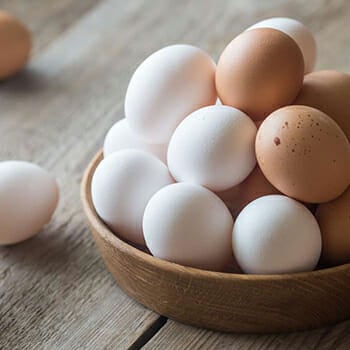
Yes, there are a few substitutes for whey protein. For non-vegans, one of the best options is an egg protein powder because it's classified as a highly bioavailable protein.
That means it may be easier for your stomach to digest it.
For vegans, the best option is hemp protein powder, as it contains the full range of essential amino acids [5].
These are amino acids that your body cannot produce, meaning that you have to take them in with your food.
To know more about the difference between whey protein and egg white protein powder, read our blog.
Recommended protein powders:
Achieving The Right Balance Of Protein Content
I'm a big fan of modifying my meal plans, and I do this constantly. However, I also like the flexibility of not having to hit my ideal macros every single day.
I can generally get very close to my ideal protein intake by using the above ingredients, but that doesn't mean I can avoid supplements altogether.
A protein shake is still very much a part of my pre and post-exercise routine, as it allows me to get a quick boost when I need it without having to fill up with food when it really doesn't suit me.
FAQ
Are Chia Seeds a Good Protein Powder Substitute for Vegans?
Yes, chia seeds are a good protein powder substitute for vegans, providing a plant-based protein source along with omega-3 fatty acids and fiber, making them a nutritious and versatile option.
Can Greek Yogurt Replace Protein Powder in Shakes?
Yes, Greek yogurt can replace protein powder in shakes, offering a high-protein, natural alternative that also includes probiotics for digestive health, making it a suitable choice for those who tolerate dairy.
References:
- https://www.ncbi.nlm.nih.gov/pubmed/20977230
- https://www.livestrong.com/article/28321-easytodigest-high-protein/
- https://www.medicalnewstoday.com/articles/321522
- https://www.medicalnewstoday.com/articles/322212
- https://www.ncbi.nlm.nih.gov/pmc/articles/PMC6245118/
About The Author
You May Also Like
